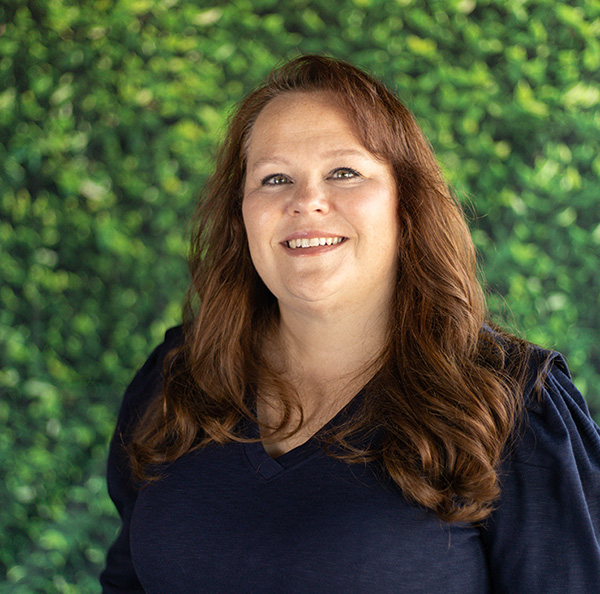It seems a bit silly that in the world of education, we often forget to share critical ideas and outcomes with students about being learners.
Why are we keeping the keys to learning from students? One mystery that is firmly in place is how we wish students to believe, feel, and act as learners. It’s time we demystified what it means to be an effective learner.
Why?
What we know from research on the psychology of learning is that learning takes both “Will” and “Skill.” Sometimes students have both and jump into learning with us with both feet. However, often students may be struggling with one, the other or both. That struggle has everything to do with whether students engage in learning experiences (InPysch, 2013).

The ‘Will’ of learning has to do with:
- students’ concept of themselves as learners
- clear expectations of what is to be learned and why
- how much they value school or the class
- their self-belief about having the skills to accomplish the goal or task
- their level of anxiety and fear of failure
The Skill of learning has to do with:
- students’ prior knowledge and skills in the content area
- students’ skills as learners (summarization, metacognition, etc.)
What can we do about it?
Three ideas to get started:
- We can develop an explicit language of learning and way of doing that is intentionally taught and used by all adults and then infused into every learning experience. Students can then learn what effective learners do, believe, and how they act in learning situations, and subsequently, adopt such behaviors and beliefs (Bloomberg, et al, 2019).
- We can also be clear with our expectations of learning and what success looks like so students know and can work toward a clear target. There is nothing worse than not knowing what is expected of you, and our learners are not different (Almarode & Vandas, 2019). If we provide clarity of expectations and then share that clarity with them, we all benefit.
- Learn to recognize the signs that students are struggling with the Will or Skill of learning, respond by diagnosing what is holding them back, and then providing what they need.
We can ask ourselves:
- Are students disengaged because they have a belief that they can’t do it?
- Are they holding back because they don’t know what we expect of them, and they don’t want to fail?
- Are students feeling a lack of confidence because they don’t think they have the skills to attempt the task or challenge?
- What have we done collectively as a school or system to build or diminish students’ Will for learning?
The Truth
This is worth our time and effort; here’s the research from InPysch, 2013:
We can…
- impact learners’ belief in themselves as capable learners and increase their self-efficacy
- focus on progress and growth rather than achievement or competition
- provide clear expectations of what is to be learned, what success looks like, and what

A Call to Action
Now that we know the truth, how will it set us free? Free to impact both students’ ‘Will and Skill’, so that ultimately, they can experience the “Thrill” of progress.
What will progress do?
Progress can ignite a burst of desire for more learning, which can in turn, lead to motivation for deeper learning. When students repeatedly experience the Will, Skill, and Thrill as both inputs and outputs of learning, they are propelled further on an upward spiral of confidence and growth.
What would happen if we turned those bursts into full on brush fires?
References:
Almarode, J. & Vandas, K. (2019). Clarity for learning: 5 essential practices that empower students and teachers. Thousand Oaks, CA: Corwin Press.
Bloomberg, P., Pitchford, B., & Vandas, K. (2019). Peer power: Unite, learn, prosper, activate an assessment revolution. San Diego, CA: Mimi & Todd Press.
Martin, A., From Will to Skill: The psychology of motivation, instruction, and learning in today’s classroom, InPsych,December 2013, Vol. 35, Issue 6, https://www.psychology.org.au/inpsych/2013/december/martin/.

